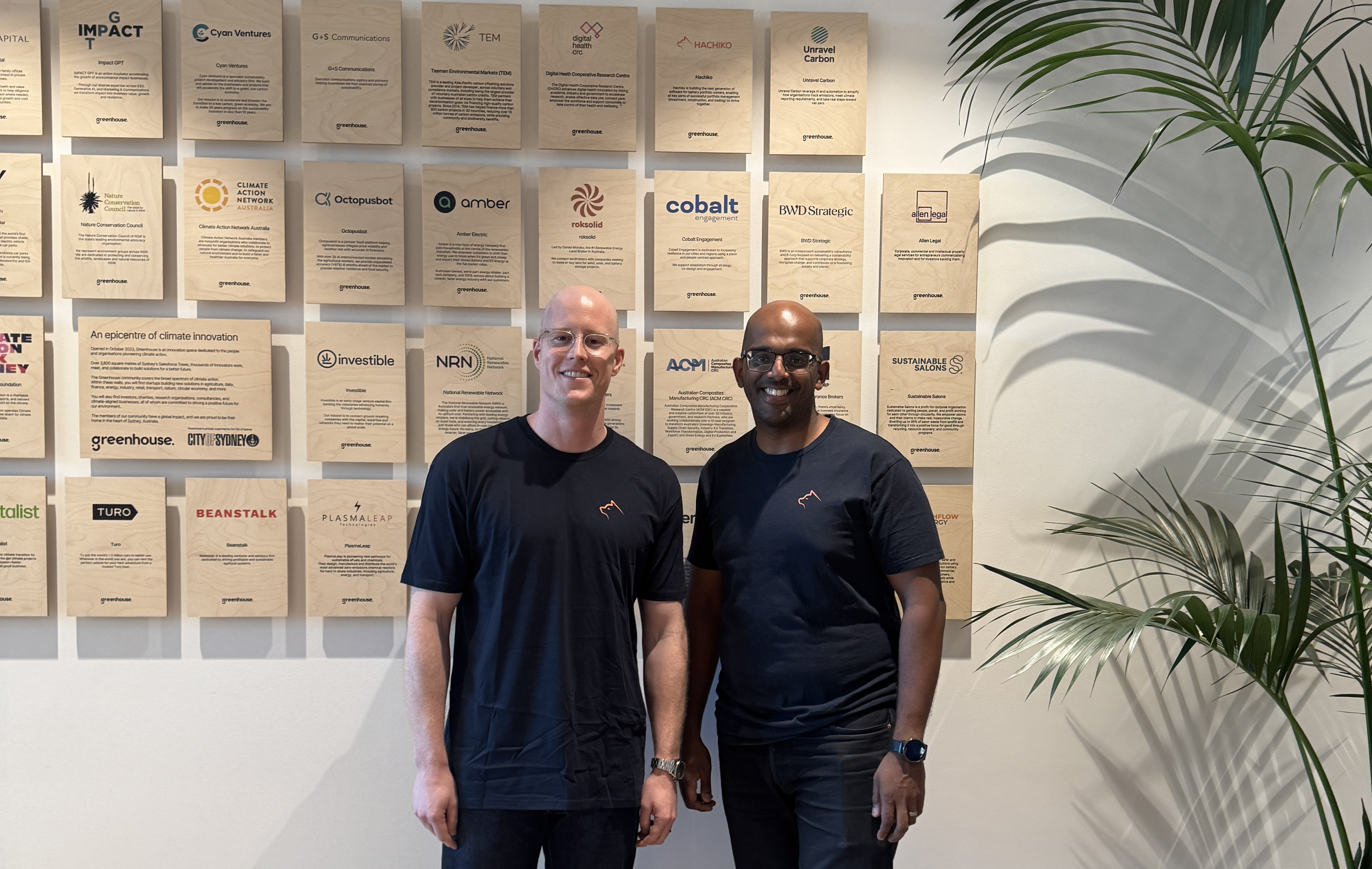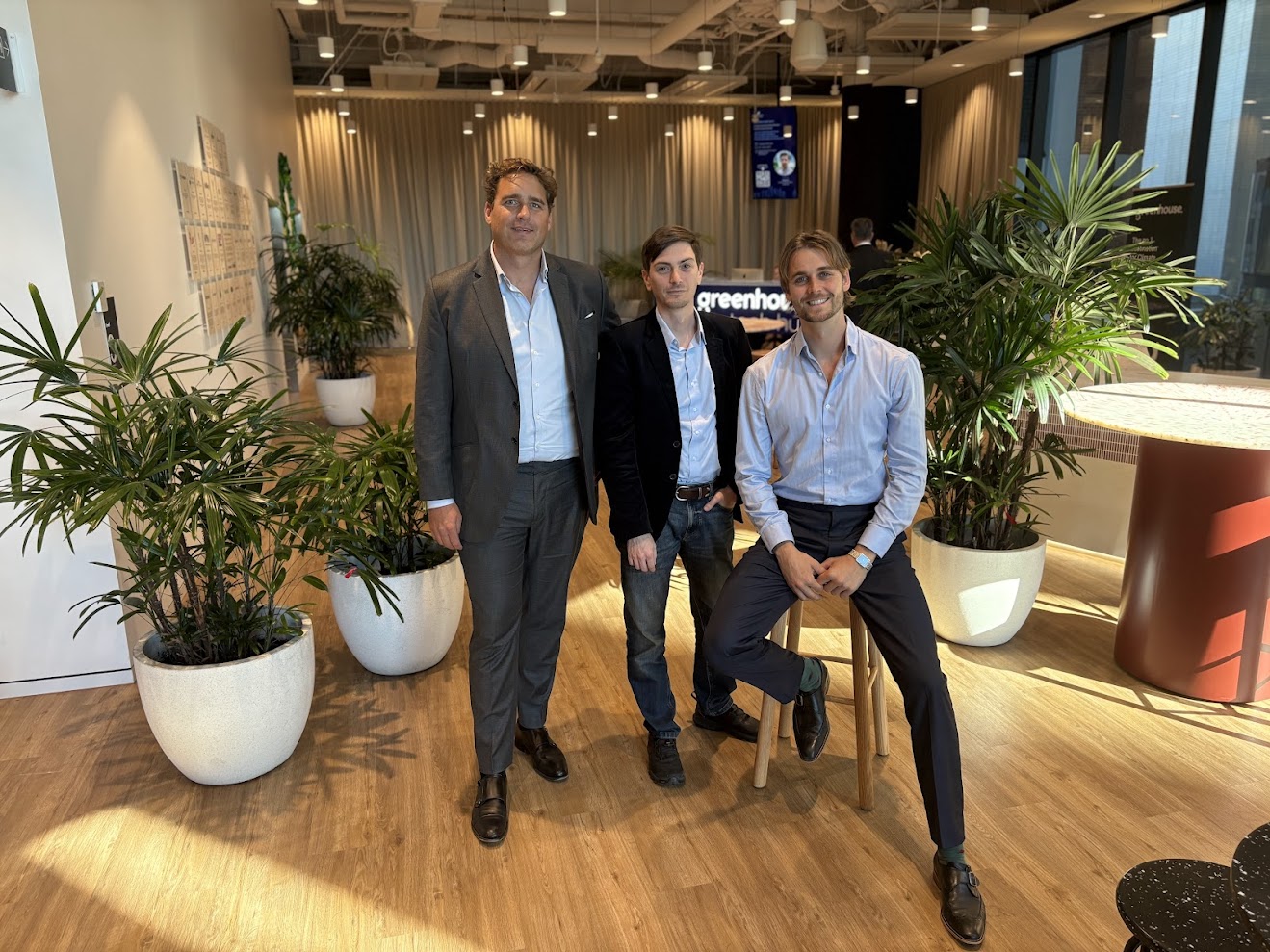Let’s think beyond the pitch
February 4, 2020
The pitch competition; it’s a source of both excitement and anxiety for founders and a staple of all startup ecosystem calendars. But does it result in stronger startups or more profitable seed investments?
Pitch competitions are an ecosystem darling for a number of reasons. They provide startups with additional opportunities for exposure and capital and help ensure founders can effectively communicate their business in a short amount of time, including to audiences that might not be familiar with their industry or sector. They also provide a way for founders to get in front of investors and initiate capital raising conversations – all of which is important.
But the reality is that pitch competitions also promote a startup culture that thrives on hype and often hands cash to the best orators – not necessarily the businesses that are the most likely to succeed. Competitions and Demo Days are a badge of honour for many startups but when it comes to investing, these events do little to prove the founder has what it takes to go the distance - even if they secure investment as a result.
Again, I’m not suggesting that pitch competitions are without merit. The problem arises, however, when the ecosystem relies too heavily on preparing founders for a 5-minute presentation, instead of how to survive and thrive during the 7 to 10 years that it takes to successfully scale and exit a business. Time and again, we’ve heard from founders who committed precious time and energy to two or three month accelerator programs, only to spend a significant amount of time preparing for the Demo Day.

And it’s not just an issue for founders. Even experienced investors can be swayed by a pitch targeting a trendy industry, a founder that’s great at story-telling or even, unconscious bias. And while it may be more exciting to award a winner with a cheque, taking a stake in a company based on a pitch deck or short presentation raises the stakes in what is already a very risky investment category – leading to few outcomes for investors and corporate VCs and many disillusioned and unsupported founders.
The truth is that very few early-stage startups are ‘investor ready’ – it simply goes with the territory of angel investing. Most founders need to spend more time resolving critical issues, rethinking strategies and validating their assumptions. Choosing a ‘winner’ for the sake of it is useless if we’re not giving founders what they need most – the networks and insights they need to secure quality investment from investors who can provide more than a short-term cash injection.
For instance, at Investible, we use the tool Fingerprint for Success to better understand founder motivations and attitudes early on in our investment process. This tool improves our decision-making especially as a founder-first investment firm but it’s also extremely valuable for the founders themselves. Perhaps, they need to bring in a senior advisor to fill a gap, update their targets or set clearer ground rules for internal communication – either way, it offers clarity in a situation that can often become disrupted by emotion. We also measure investments against our Investibility Index, which assesses investment opportunities across 16 key areas, including the Founder, Business Model, Traction, Competition and more.

More recently, we’ve created a new, free event series called The Investible Games to give founders an opportunity to identify and work through many of the factors that could prevent them from securing investment in the future. Over two days, the Games puts the founders through a number of different business challenges, providing a quick, focused way to test their business model. It also gives investors the opportunity to see founder teams in a more authentic setting and to spend more time diving into critical parts of the business – far beyond what’s possible during a pitch competition or coffee meeting.
We’ve iterated on the format after running 6 Investible Games in Australia, Singapore and Indonesia and we now have an event that is uniquely geared toward helping early-stage founders start their capital raising journey on the right foot - specifically by enabling them to establish meaningful connections with investors earlier on in the process. We have always viewed early-stage investing as a journey. There’s a saying that we’ve adopted; ‘We invest in lines, not dots’, meaning we prefer to get to know founders and understand how their business is progressing over time.
A startup is so much more than their pitch. It’s time to get real with founders about what it truly takes to build a scalable business and cultivate an ecosystem that has less hype and more help.
This article first appeared in Startup Daily - How to Think Beyond the Pitch
______





